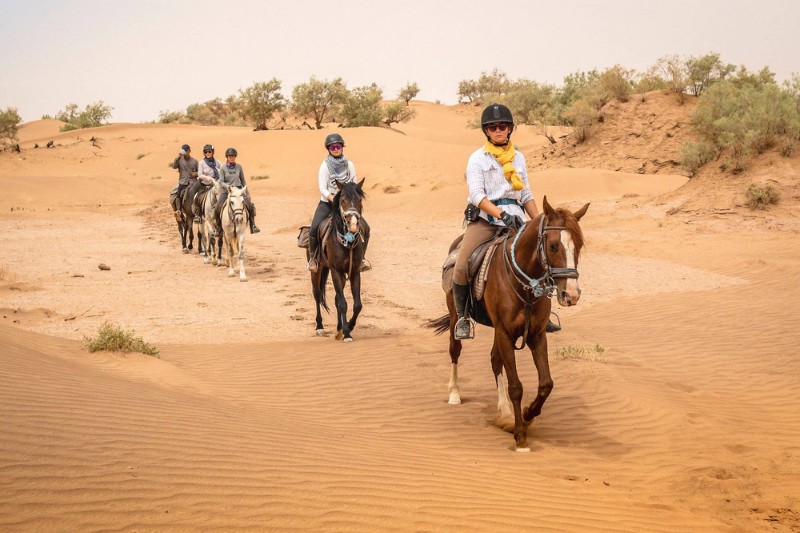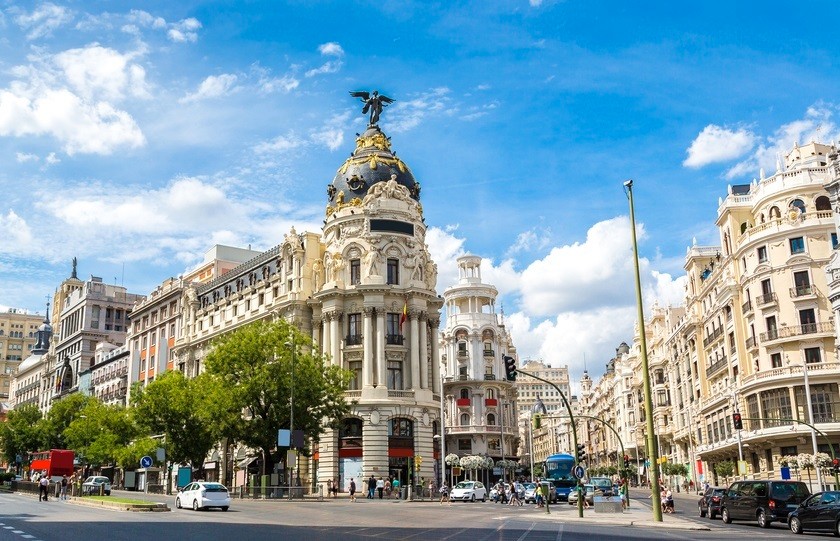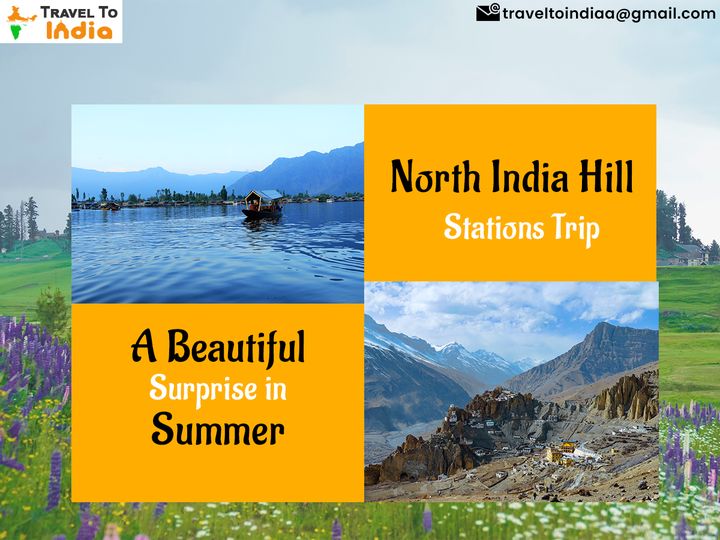Cultural immersion is a central aspect of a nomad homestay tour in Western Mongolia, offering travelers a unique opportunity to experience the traditional nomadic way of life firsthand. Here’s what you need to know about cultural immersion on nomad homestay tours:
- Living with Nomadic Families: Nomad homestay tours typically involve staying with a nomadic family in their traditional ger, or felt tent. Living with a nomadic family allows travelers to experience their customs, traditions, and daily routines firsthand, providing a deep and authentic cultural immersion experience.
- Participation in Daily Activities: During your homestay, you’ll have the opportunity to participate in the daily activities of the nomadic family, such as herding livestock, milking yaks or mares, making dairy products such as cheese and yogurt, and gathering fuel for the fire. By getting involved in these activities, you’ll gain a deeper understanding of the traditional nomadic way of life and the challenges and rewards of living in the Mongolian countryside.
- Learning Traditional Skills: Nomad homestay tours often include opportunities to learn traditional skills and crafts from your hosts. This may include learning how to make felt from sheep’s wool, how to cook traditional Mongolian dishes, how to ride a horse or camel, and how to play traditional Mongolian musical instruments such as the horsehead fiddle (morin khuur).
- Sharing Meals and Stories: Meals are an important part of nomadic culture, and sharing food with your hosts is a central aspect of the homestay experience. During your stay, you’ll have the opportunity to share meals with your hosts, sampling traditional Mongolian dishes made from locally sourced ingredients. Meal times provide an opportunity to learn more about the nomadic way of life, hear stories and legends from your hosts, and forge meaningful connections with the local community.
- Participation in Festivals and Celebrations: Depending on the timing of your visit, you may have the opportunity to participate in traditional festivals and celebrations with your hosts. These events provide a unique opportunity to experience Mongolian culture and traditions in action, with traditional music, dance, food, and games.
- Language and Communication: While English may not be widely spoken in rural Mongolia, experienced guides and translators can help bridge the language barrier and facilitate communication between travelers and nomadic families. Learning a few basic phrases in Mongolian can also enhance your cultural immersion experience and help you connect with your hosts on a deeper level.
Overall, cultural immersion on nomad homestay tours offers travelers a unique opportunity to experience the traditional nomadic way of life of the Mongolian people, learn about their customs and traditions, and forge meaningful connections with the local community. By living with a nomadic family, participating in their daily activities, and sharing meals and stories with your hosts, you’ll come away from the experience with a deeper understanding and appreciation of Mongolian culture and heritage.
How Are the Cultural Experiences on Nomad Homestay Tours in Western Mongolia?
Cultural experiences on nomad homestay tours in Western Mongolia offer travelers a unique opportunity to immerse themselves in the traditional nomadic way of life. Here’s what you can expect in terms of cultural experiences:
- Living with Nomadic Families: Nomad homestay tours typically involve staying with a nomadic family in their traditional ger, or felt tent. Living with a nomadic family allows travelers to experience their customs, traditions, and daily routines firsthand, providing a deep and authentic cultural immersion experience.
- Participation in Daily Activities: During your homestay, you’ll have the opportunity to participate in the daily activities of the nomadic family. This may include herding livestock, milking yaks or mares, making dairy products such as cheese and yogurt, and gathering fuel for the fire. By getting involved in these activities, you’ll gain a deeper understanding of the traditional nomadic way of life and the challenges and rewards of living in the Mongolian countryside.
- Learning Traditional Skills: Nomad homestay tours often include opportunities to learn traditional skills and crafts from your hosts. This may include learning how to make felt from sheep’s wool, how to cook traditional Mongolian dishes, how to ride a horse or camel, and how to play traditional Mongolian musical instruments such as the horsehead fiddle (morin khuur).
- Sharing Meals and Stories: Meals are an important part of nomadic culture, and sharing food with your hosts is a central aspect of the homestay experience. During your stay, you’ll have the opportunity to share meals with your hosts, sampling traditional Mongolian dishes made from locally sourced ingredients. Meal times provide an opportunity to learn more about the nomadic way of life, hear stories and legends from your hosts, and forge meaningful connections with the local community.
- Participation in Festivals and Celebrations: Depending on the timing of your visit, you may have the opportunity to participate in traditional festivals and celebrations with your hosts. These events provide a unique opportunity to experience Mongolian culture and traditions in action, with traditional music, dance, food, and games.
- Language and Communication: While English may not be widely spoken in rural Mongolia, experienced guides and translators can help bridge the language barrier and facilitate communication between travelers and nomadic families. Learning a few basic phrases in Mongolian can also enhance your cultural immersion experience and help you connect with your hosts on a deeper level.
Overall, cultural experiences on nomad homestay tours offer travelers a unique opportunity to experience the traditional nomadic way of life of the Mongolian people, learn about their customs and traditions, and forge meaningful connections with the local community. By living with a nomadic family, participating in their daily activities, and sharing meals and stories with your hosts, you’ll come away from the experience with a deeper understanding and appreciation of Mongolian culture and heritage.






